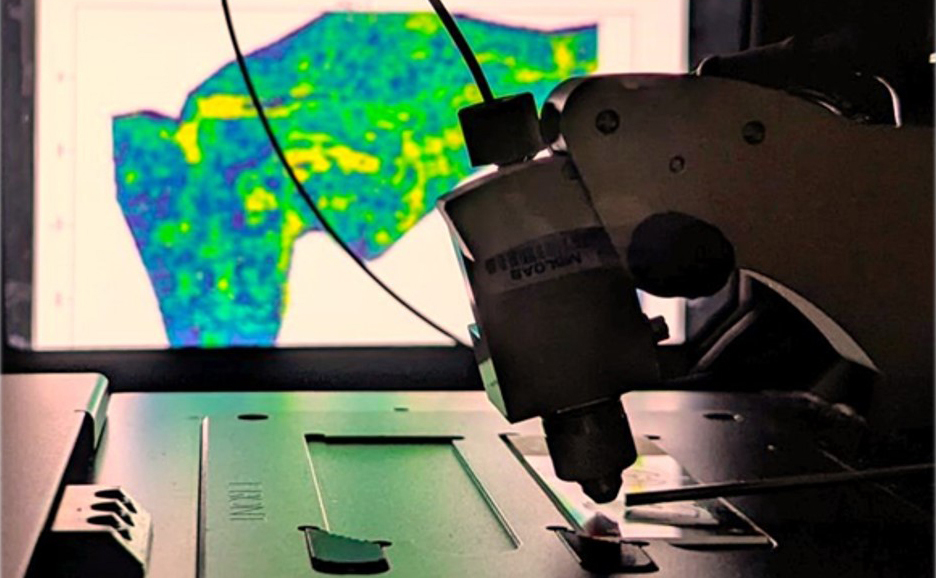
A team of researchers has successfully developed a quantum battery model that has achieved what is termed the theoretical speed limit for energy storage and transfer. This breakthrough signifies a potential shift in energy technologies, as quantum devices could outperform classical systems in certain applications.
Over the past few years, the field of quantum technologies has seen significant advancements. Researchers are exploring alternatives to traditional devices, leveraging the principles of quantum mechanics to enhance performance. This new model of a quantum battery represents a noteworthy milestone in that journey.
Understanding the Breakthrough
The newly developed quantum battery operates under the principles of quantum physics, which allow for faster charging and discharging capabilities compared to conventional batteries. According to the research team, the model demonstrates a genuine advantage in energy efficiency, particularly in scenarios that demand rapid energy transfer.
Experimental results indicate that the quantum battery can achieve charging speeds that approach this theoretical limit, a feat that classical batteries cannot replicate. This is particularly relevant for applications requiring instantaneous energy delivery, such as electric vehicles or renewable energy systems. The researchers conducted tests that confirmed these efficiency levels, showcasing the battery’s potential to reshape the energy landscape.
Implications for Future Energy Storage
The implications of this research extend beyond theoretical discussions. The ability to harness quantum mechanics for practical energy solutions could lead to significant advancements in various sectors. Industries reliant on energy storage, such as electric transportation and grid management, stand to benefit immensely from this technology.
Moreover, the development of quantum batteries could foster innovations in other fields, including telecommunications and computing, where energy efficiency is crucial. The research team emphasizes the importance of continued exploration into quantum technologies to unlock their full potential.
As researchers delve deeper into the practical applications of this quantum battery model, the focus will also include addressing challenges related to scalability and integration into existing systems. This pivotal moment in energy technology may very well pave the way for a new era of sustainable energy solutions that capitalize on the unique properties of quantum systems.
In conclusion, the achievement of a quantum battery reaching its theoretical speed limit marks a significant advancement in the realm of energy storage. It showcases not only the capabilities of quantum technologies but also their potential to revolutionize how we approach energy consumption and storage in the future.





